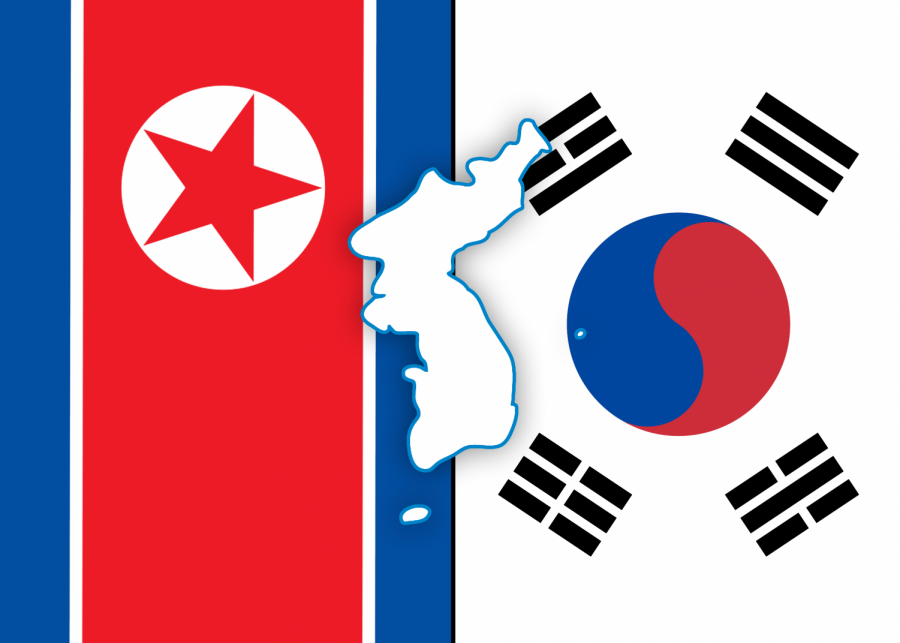We must be wary, but open, to the idea of Korean unification
September 27, 2018
This past week, North Korean Leader Kim Jong Un and South Korean President Moon Jae-in signed a pledge that would begin an era of peace on the peninsula. The two states have been embroiled in a standoff since the signing of the Korean Armistice Agreement in 1953, with guards positioned along the borders of the demilitarized zone. North Korea is notorious in the international community because its secrecy aggravates many, particularly the United States. Though international powers have attempted sanctions and other punishments to keep Kim’s regime in check, the sanctions have failed. North Korea’s isolation from the rest of the world strengthens the regime, creating an information vacuum for the regime to utilize, victimizing themselves in propaganda. The citizens of North Korea are seemingly powerless, with many fully brainwashed by the state’s media.
North Korea has continued progress on its weapons programs, including ballistic missiles that are supposed to have the capability of reaching the United States. With the unstable North Korean leadership, the nuclear threat poses a significant geopolitical problem. However, this summit is a sign that North Korea may change its ways.
The United States-North Korea summit this past summer in Singapore gave hope to the idea of a peaceful solution, yet it only resulted in fragile agreements, with no methods of enforcement. The summit was, in many ways, an order for North Korea to gain legitimacy in the international community, and what better way is there to achieve that than a meeting with the President of the United States? After showing no true signs of change since the summit, why should we trust Kim’s intentions this time around?
Frankly, the conflict between the North and South has to end, and that means active discussion from both parties. Kim needs to be present, and considered with the result of a fair compromise. That doesn’t mean we open our arms to his demands, but we should be open to the idea of allowing North Korea to regain trust from its neighbors.
A more stable Asia means cooperation and economic opportunities will only increase. A denuclearized North Korea will give U.S. citizens a greater sense of safety. War and conflict no longer create a rational path for developed nations to settle differences; a peaceful transition in Korea could be a blueprint for peace in many other areas around the world. The deal between the Koreas is promising, as it would enable regular communication and begin to thaw the geographic and cultural divide between their citizens. A country must abide by international rules if it wants to enjoy the benefits of our interdependent world. If North Korea follows through on these new promises and dismantles massive parts of its missile programs, then we must reciprocate by decreasing our presence in the region. If we can support this peace to fruition, it will only benefit us in the long run.






















